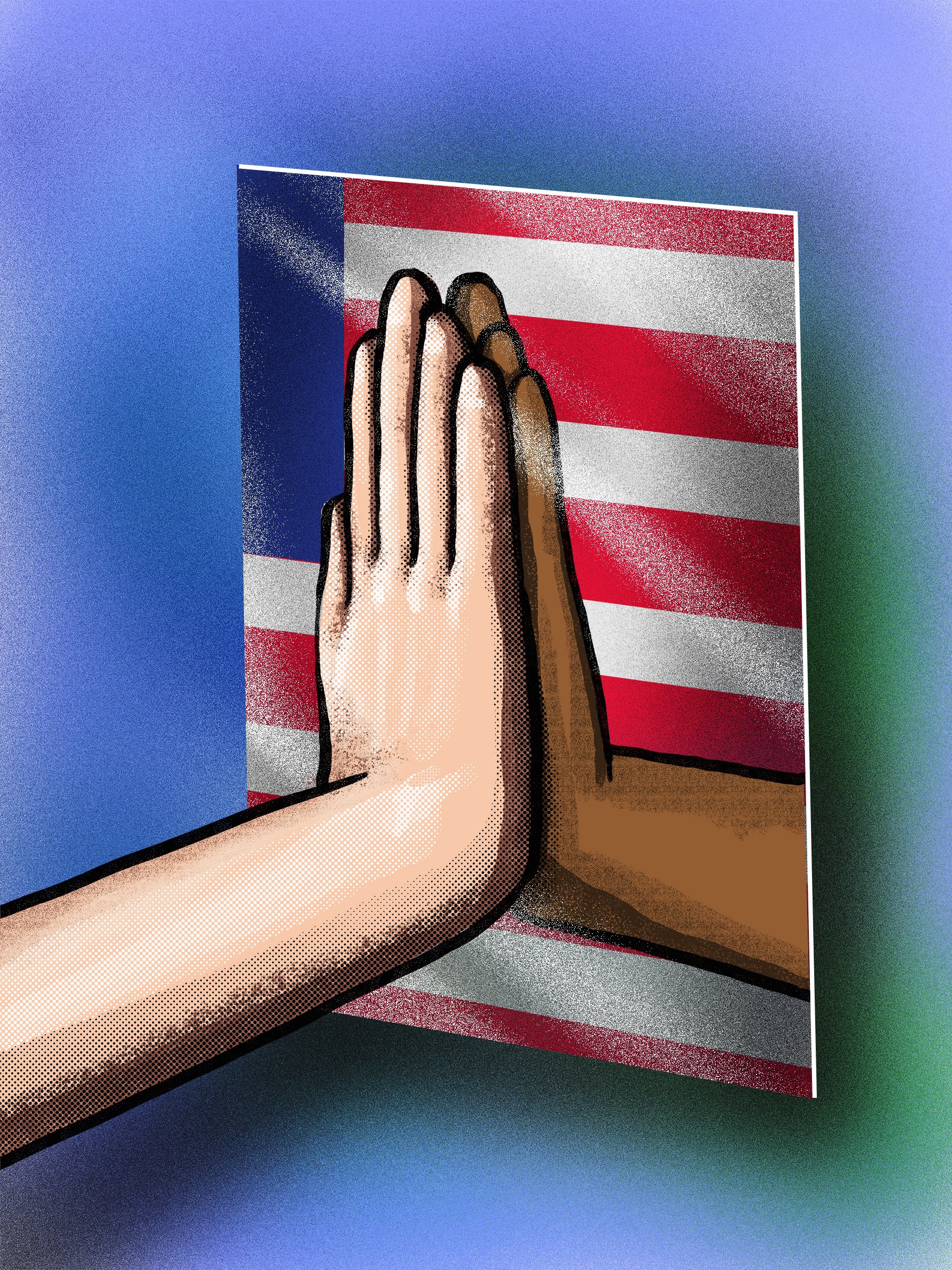Featured Work
As a public intellectual, Clay has authored dozens of articles for popular outlets including The New York Times, The Wall Street Journal, USA Today, Newsweek, The Hill, Fortune, Entrepreneur, and Harvard Business Review. Clay wrote the TED Ed lesson, Why Do We Feel Nostalgia, and appeared in a series of Big Think videos.
Clay is a coeditor and regular contributor for the magazine, Profectus. He has also authored, edited, and contributed to both academic and mass market books.
The Wall Street Journal
Mental-Health Awareness Can Be Bad for Mental Health
Remember the Good Old Days? No Need to Feel Ashamed if You Do
Free Markets and Meaning in Life
The Campus Left vs. the Mentally Ill
The New York Times
Don't Believe in God? Maybe You'll Try UFOs
Why Are Millennials Wary of Freedom?
Suicides Have Increased. Is This an Existential Crisis?
WHY GEN Z IS RESURRECTING THE 1990S
USA Today
Want to make the world a better place? Have a child.
The real story behind America's population bomb: Adults want their independence
Helicopter parenting may be destroying the future of American entrepreneurship
Harvard Business Review
3 Ways to Build an Organizational Culture That Supports Mental Health
The Surprising Power of Nostalgia at Work
Bring the Outdoors into Your Hybrid Work Routine
You Can’t Cure Your Employee’s Existential Crisis. But You Can Help
Business Insider
Your manager is not your therapist
In defense of nostalgia
The Hill
The costs of declining fertility go beyond economics
A new hope: ‘Star Wars’ as American religion
This Thanksgiving, let’s be grateful for human progress
Fortune
Want a more hopeful America? Increase awareness of past progress
Kamala Harris and Donald Trump are betting on nostalgia to win your vote. Here’s why
9 in 10 American workers are thriving despite the dominant narrative of widespread misery at work
America’s hopelessness crisis may have less to do with the economy and more to do with Gen Z’s mental health, new survey shows
Today’s nostalgia craze isn’t about the past. For Americans of all generations, it’s about a brighter future
America’s generational divide doesn’t apply to technology. Gen Zers and boomers share the same techno-optimism–and nostalgia
Patriotism is a crucial ingredient for progress. Here’s why
Entrepreneur
Want to Be An Entrepreneur? Focus on What Gives Your Life Meaning
Newsweek
The Psyche That Unites Americans Is Deeper Than the Politics Dividing Us | Opinion
Is College Making Young People Less Patriotic? Our Research Says Yes | Opinion
UBI is Not a Recipe for Long-Term Human Flourishing | Opinion
College Kids Don't Understand Socialism—or Capitalism. Our Research Proves It | Opinion
Discourse
Outward Action Is Good for Your Brain
High Anxiety, Low Abundance
Patriotism and Progress
Meaning and Markets
Nostalgia Can Be an Engine of Progress
National Affairs
The Spiritual Species
Books
Available Now
From Sounds True
Discover research and practices for mindfully using nostalgia to live a more intentional, connected, and meaningful life.
In Past Forward, psychologist Clay Routledge presents a fascinating investigation into an emotion we all experience yet often misunderstand. As more than fifteen years of research reveals, nostalgia is more than rose-tinted sentiment or “living in the past”—it can also be a powerful resource for our well-being. Dr. Routledge uses the latest findings to illuminate the many ways that nostalgia can impact our lives, especially when we approach it with awareness and discernment. He offers a treasury of practices for harnessing nostalgia to boost your motivation; counteract loneliness; deepen healthy social connections; spark creativity; overcome stress, anxiety, and trauma; reveal your most enduring values; and much more.




















